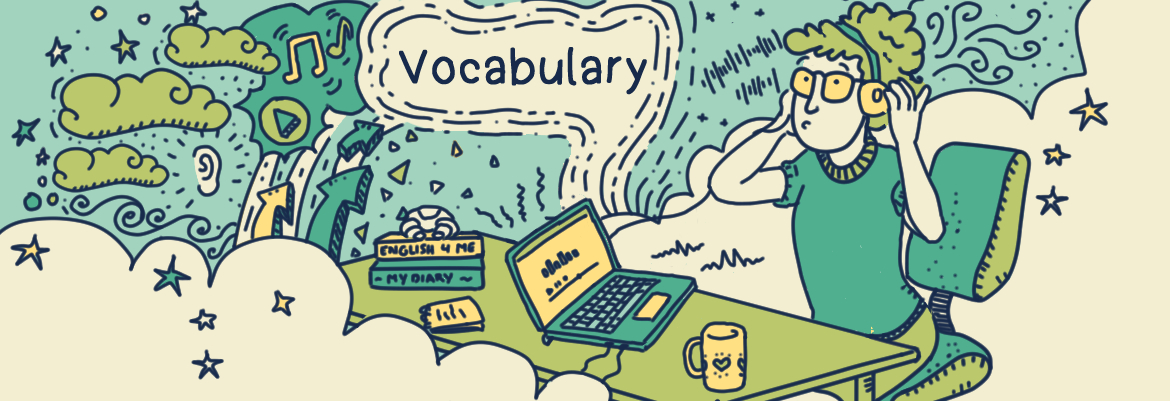PROBLEMAS SOCIALES
En el mundo hay muchos problemas, desde desastres naturales “natural disasters” hasta actividad criminal "criminal activity". En esta unidad vamos a hablar sobre los problemas sociales “social issues” ya que es uno de los temas más comunes para mantener una conversación, así que vamos a ver vocabulario relacionado con los diferentes problemas que tenemos como sociedad.
DESASTRES NATURALES
Te dejo algunas palabras que describen tragedias o desastres, ya que en diferentes partes del mundo vemos que hay o han habido “natural disasters” como:
- Hurricane (huracán)
- Volcanic eruption (erupción volcánica)
- Earthquake (terremoto)
- Drought (sequía)
- Snow/ rain storm (tormenta de nieve o lluvia)
- Flood (inundación)
USOS
Y, ahora, vas a ver cómo usar este vocabulario. Fíjate en los verbos que se colocan junto a estas palabras:
- A hurricane hits or strikes
- A volcano erupts
- An earthquake happens or hits
- Drought affects
- A storm hits or breaks
- A flood inundates or strikes
Por ejemplo:
Yesterday a hurricane hit the town.
Last year a volcano erupted next to the place we were staying in.
In 2021 an earthquake hit Japan.
Recent droughts affected a large area of land.
Last night a rain storm broke while we were having lunch.
The flood caused the destruction of many houses.
DESASTRES HUMANOS
También puedes hablar sobre los desastres provocados por el hombre "human-made disasters", como:
- Famine (hambruna)
- War (guerra)
- Epidemic/ pandemic (epidemia o pandemia)
- Explosion (explosión)
- Oil spills (derrame de petróleo)
- Global warming (calentamiento global)
- Fires (incendios)
- Terrorist attacks (ataques terroristas)
USOS
En cuanto a los desastres provocados por el hombre, puedes utilizarlo así:
- To suffer famine
- To declare or to go to a war
- An epidemic strikes or breaks out
- Explosion takes place or destroys
- Oil spills affect
- Global warming causes
- Fire breaks out or spreads
- Terrorist attacks take place or happen
Por ejemplo:
Many African countries still suffer famine.
Israel declared war on Palestine.
Recently a global pandemic broke out and now we have to stay at home.
The explosion destroyed a lot of houses.
The oil spill in the Caribbean affected the coast.
Global warming causes sea levels to rise.
The forest fire spread really fast.
Terrorist attacks in the US happened at night.
Venga, y ahora a practicar las frases que has aprendido.
DESTREZAS
Para el reading, léete el siguiente artículo:
- China suffers over $2 billion loss from natural disasters in May
Mírate los siguientes videos para practicar el listening:
- Top 10 most dramatic footage of natural disasters caught on camera
- How do natural disasters occur?
Si quieres practicar el writing, te sugiero que leas una historia sobre un desastre natural que haya sucedido y escribe un "summary" sobre esta historia. Después, puedes comparar la historia original y lo que tú has escrito.
Y, para practicar el speaking, contesta a las siguientes preguntas:
- What is a disaster?
- Have you ever been in a disaster?
- What are some different kinds of disasters?
- What kinds of disasters are common in your country?
- What is the difference between a typhoon and a hurricane?
- What is the difference between a tornado and a hurricane?
- What is disaster insurance? Do most people have it?
- Are there ways we can prepare ourselves in advance to cope with disasters?
- How are the problems that need to be solved after a disaster?
- What is the difference between natural disasters and manmade disasters? Can you name a few of each type? Where do these usually often occur? What are examples of manmade disasters?


Comments are closed.